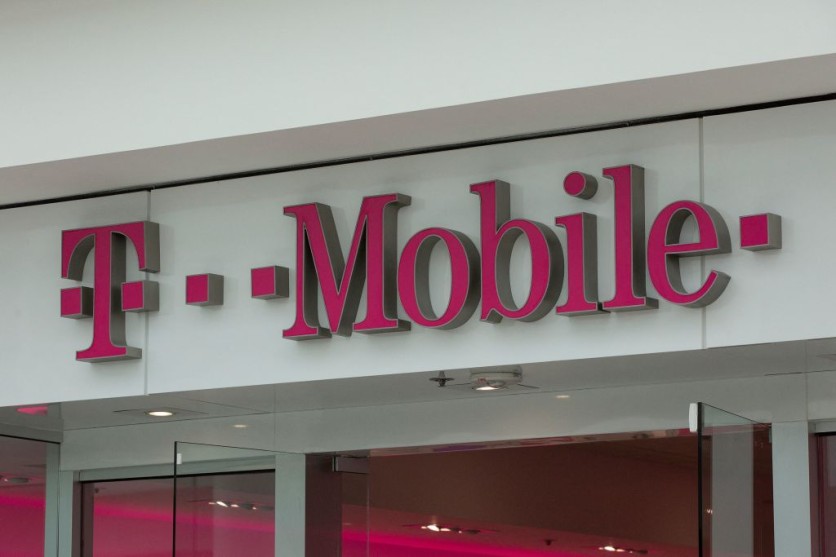T-Mobile recently announced that the US Department of the Navy has selected the company to supply wireless solutions under the $2.67 billion Spiral 4 contract.
This agreement allows various Department of Defense (DoD) agencies to order wireless services and equipment from T-Mobile over the next decade.

The Spiral 4 Contract of T-Mobile, Department of the Navy
The Spiral 4 contract will enable the DoD to utilize T-Mobile's advanced 5G network for modern wireless solutions that accommodate the evolving requirements of government operations.
This extensive, multi-award contract includes services like voice, data, fixed wireless solutions, Internet of Things (IoT), and mobility management solutions. These provisions aim to ensure dependable connectivity for various government activities, from mission-critical communications to military network solutions.
David Bezzant, Vice President of Sales for T-Mobile for Government, said that the Spiral 4 contract underscores T-Mobile's leading 5G network and its commitment to developing solutions that address the critical needs of government customers.
According to T-Mobile, the new contract replaces its predecessor, Spiral 3, reflecting shifts in industry standards and technological progress. Since joining Spiral 3 in 2017, T-Mobile has substantially expanded its service offerings for government operations.
The company introduced 5G Advanced Network Solutions, an extensive suite of 5G solutions and applications, including 5G private and hybrid networks designed to meet government agencies' performance requirements.
Government Internet of T-Mobile
T-Mobile has also launched Government Internet, a 5G fixed wireless option designed to serve as a primary internet source or unlimited backup to bolster reliability and support essential communications.
T-Mobile has also collaborated with 3rd Eye Technologies to offer a convenient solution for government agencies to comply with federal message archiving regulations. This solution promises to capture and archive SMS and MMS message logs securely.
According to the company, government entities may also benefit from T-Mobile's partnership with SpaceX, which aims to integrate T-Mobile's network with Starlink's satellite technology and offer universal connectivity.
"With a cutting-edge product portfolio, a proven track record and a clear vision for the future, we're ready to take government innovation to the next level. It's an honor to serve those who serve this Nation," Bezzant said in a press statement.
T-Mobile Is Missing in the List of Companies Backing Discounted Internet Plans
In related news, T-Mobile's recent decision has drawn attention in the telecom sector. While 14 major telecom companies have supported the Biden administration's push to extend the Affordable Connectivity Program (ACP) subsidy exceeding the upcoming presidential elections, T-Mobile has opted not to participate.
This move has sparked curiosity among industry analysts. Analysts speculate T-Mobile's stance might be part of its strategy to gain regulatory support for its proposed merger with UScellular.
Blair Levin, a policy adviser to New Street Research and a former Federal Communications Commission (FCC) official, suggested that the future of the T-Mobile-UScellular merger could hinge on the outcome of the elections and the administration in power.
If President Joe Biden is re-elected, a Democratic-led FCC might require T-Mobile to make specific commitments to cater to low-income families, potentially delaying any improved offers for low-income households until the merger is given the green light.
Learn more about this story here.
Related Article : Verizon, AT&T, T-Mobile Fined $200 Million After Unauthorized Sharing of User Location Data


![Apple Watch Series 10 [GPS 42mm]](https://d.techtimes.com/en/full/453899/apple-watch-series-10-gps-42mm.jpg?w=184&h=103&f=9fb3c2ea2db928c663d1d2eadbcb3e52)


